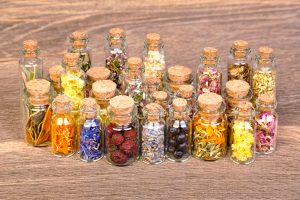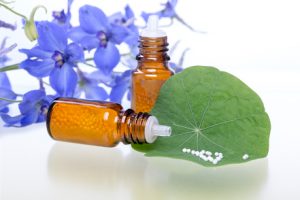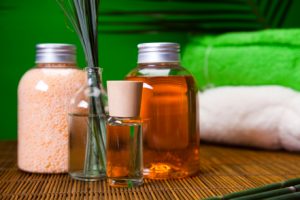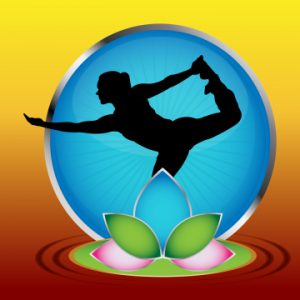Various herbs play key roles in helping individuals with anxiety, depression, the flu, and other mild maladies with cholesterol and sugar levels. These supplements can be utilized but should be utilized with caution as not to counter act any pharmaceutical drugs. When exploring various herbs it is important to understand their use and how they are measured and applied. They also need to used in harmony. Without proper guidance, Eastern herbs can be detrimental if not used properly. This is why it is important to work with a primary physician or a holistic integrative healthcare specialist who can help guide one through the process of utilizing herbs

AIHCP offers a four year certification for qualified professionals in Holistic Integrative Healthcare. The program is designed for Holistic Nurses and other specialists. The program is online and independent study and can help professionals gain the knowledge to help others utilize holistic health and herbs. Please review AICHPs’ Holistic and Integrative Healthcare Specialist certification
Please review the video below




